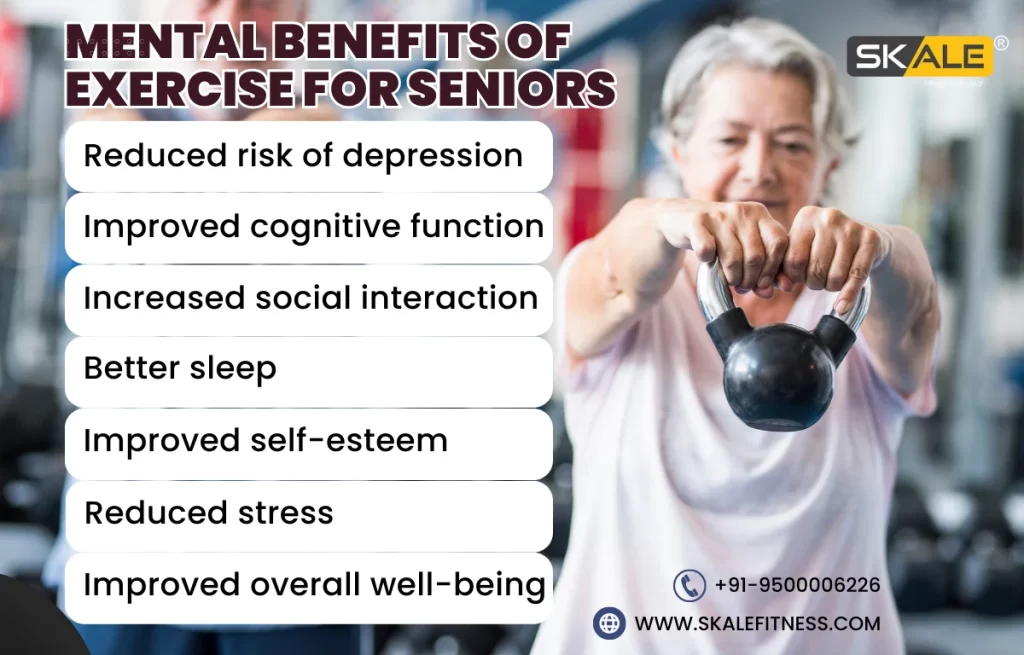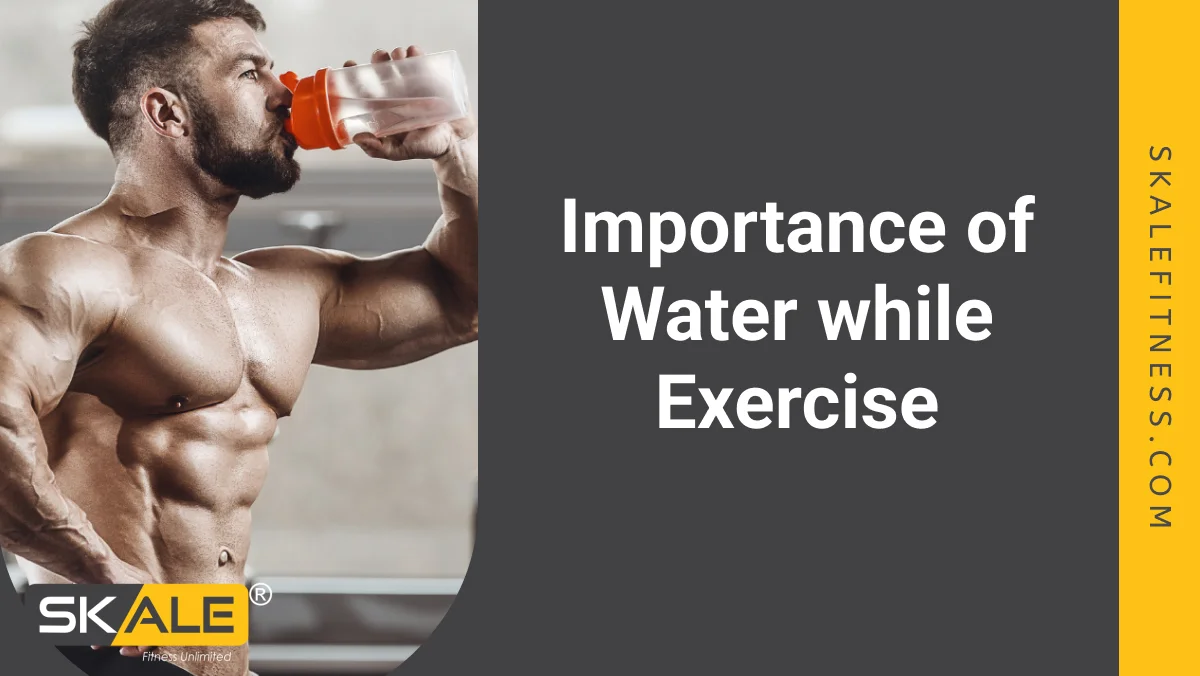Exercise is a crucial part of improving a healthy lifestyle. Whether you’re a seasoned athlete or just starting out, staying hydrated can enhance your success and overall health. Hydration is the process of replenishing the water in your body, and staying hydrated during exercise prevents dehydration, and can negatively impact your performance and health. In this blog, we’ll cover the importance of water while exercise and how to stay hydrated before, during, and after exercise.
What To Drink During Exercise
The best drinks to consume during exercise depend on the intensity, duration, and type of exercise. Here are some suitable options:
- Water: For most low to moderate intensity workouts, water is sufficient to maintain hydration levels. Sip water regularly throughout the exercise session.
- Sports Drinks: During prolonged or intense workouts (lasting over an hour), sports drinks containing electrolytes (sodium, potassium) can help replenish lost fluids and minerals.
- Electrolyte-Enhanced Water: Some flavored waters or water additives contain electrolytes, providing a slight taste variation while aiding hydration.
- Coconut Water: Natural coconut water is rich in potassium and can be an alternative to sports drinks for rehydrating during longer workouts.
- Homemade Hydration Drinks: You can create your own hydration beverage by mixing water with a pinch of salt and a source of natural sugar (like fruit juice) for electrolyte replacement.
- Protein Shakes (for longer workouts): For endurance workouts or heavy resistance training, a protein shake with water can provide hydration along with some protein for muscle recovery.
Importance of Staying Hydrated
Dehydration is a condition that occurs when you don’t have enough water in your body to function properly. During exercise, your body loses fluids through sweat, which can quickly lead to dehydration if not properly replenished. Also, it can have negative effects on your body, such as decreased performance and an increased risk of injury.
It’s crucial to know the importance of water while exercise & hydrating yourself to boost proper bodily function and prevent these adverse effects. Hydration is also important for overall health, as it helps regulate body temperature, maintain blood pressure, and support bodily processes like digestion.
Importance of water while exercise is so essential and it is recommended that you drink water before, during, and after exercise to stay hydrated. The amount of water you need will vary depending on factors such as body weight, exercise intensity, and climate, but a general guideline is to drink 17-20 ounces of water 2-3 hours before you start an exercise. Also, drink 7-10 ounces of water every 10-20 minutes during exercise. After exercise, it’s recommended to drink 20-24 ounces of water for every pound of shedding body weight.

Electrolytes and Hydration
Electrolytes are minerals that help regulate fluid balance in your body. During exercise, you lose electrolytes through sweat, which can affect your hydration levels. It’s essential to know the importance of water while exercise besides being aware of replenishing electrolytes to maintain proper hydration. You can replenish electrolytes through drinks like sports drinks or foods like bananas, yogurt, or sweet potatoes.
Tips for Staying Hydrated During Exercise
There are several ways to stay hydrated during exercise, including carrying a water bottle, wearing a hydration pack, and drinking water at regular intervals. It’s also important to hydrate by following the below-mentioned steps.
- Begin your workout properly hydrated by drinking water beforehand.
- Drink small amounts of water consistently during your workout to maintain hydration without overloading your stomach.
- If you engage in intense or prolonged exercise, replenish electrolytes lost through sweat by consuming sports drinks or electrolyte-enhanced water.
- Check your urine color; pale yellow indicates good hydration, while dark yellow suggests dehydration.
- Drink water after exercise to replenish fluid loss.
- Adjust water intake based on factors like exercise duration, intensity, and individual sweat rate.
Remember, staying hydrated is essential for optimal performance and overall well-being during exercise.
Benefits of Drinking Water after Exercise
In addition to replenish lost fluids and aiding in recovery, there are several other benefits of drinking water after exercise. Staying hydrated helps regulate body temperature by facilitating sweat production, which cools the body down during and after physical activity. Adequate hydration supports the maintenance of normal blood pressure levels, which is important for cardiovascular health.
The reason to drink water after exercise also helps with nutrient absorption and waste removal, as it supports various bodily processes such as digestion and kidney function. Moreover, staying hydrated can alleviate post-workout fatigue and improve cognitive function. Overall, proper hydration after exercise is crucial for overall health and optimal performance.
Dangers of Over-Hydration
While staying hydrated is important, reasons to drink water are just to avoid over-hydration, which can be dangerous. Over-hydration occurs when you consume too much water, causing an imbalance in your body’s electrolyte levels. To avoid over-hydration, it’s important to monitor your fluid intake and listen to your body’s thirst signals.
Hydration and Weight Loss
Drinking water can also play a role in weight loss. Drinking water before meals can help you feel full and eat less, and staying hydrated throughout the day can also support a healthy diet.
Conclusion
To conclude, staying hydrated by knowing the importance of water while exercise can help you maintain proper hydration levels and also aid you avoid the negative effects of dehydration. Remember to monitor your fluid intake and listen to your body’s thirst signals to avoid over-hydration. Make hydration a priority during exercise to support your health and performance.
Also, Read Do You Need a Personal Trainer in a Gym?




